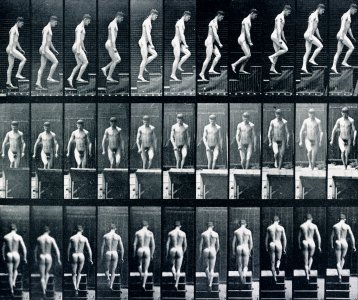Keats, le "Jus transparent" et le charme de l'imagination
Résumé
At the beginning of The Fall of Hyperion the poet-narrator comes upon the remnants of an abandoned feast in a luscious garden, where, after indulging in the delicious “summer fruits” (I, 29), he drinks from “a cool vessel of transparent juice” (42). The “domineering potion” (54) induces a “cloudy swoon” (55), from which he awakes to find himself in a desolate marble temple in the presence of its solitary priestess Moneta. The present article aims to analyse the fundamental role that the “transparent juice” plays in Keats’s unfinished poem with a special focus on its transparent quality, which has been so far overlooked by critics, even though it significantly constitutes the only occurrence of the term in Keats’s poetry. The potion, which causes the poet-narrator to fall into a death-like state but, at the same time, allows him to have access to the visionary experience of Moneta’s revelations, will be understood through the concept of pharmakon. Being both poison and cure, this notion effectively conveys the idea that healing and poisonous properties can co-exist in the same substance, an idea which was present in the medical theories Keats studied during his training at Guy’s Hospital. In this case, the pharmakon-like juice, which the poet calls “parent of my theme” (46), will turn out to be a meaningful image for the ambivalent power of imagination as both the visionary source of poetry and something potentially detrimental that needs to be saved from its “sable charm” (10) through “the fine spell of words” (9). The transparency of the drink will thus be seen to evoke an equally complex – at times even contradictory – constellation of ideas: not only the immediacy of vision characterising the mind-to-mind communication between the poet and Moneta, but also the aspiration to a perfect translation of vision into poetry through the mediation of transparent language.
Téléchargements
Publiée
Comment citer
Numéro
Rubrique
Licence
(c) Tous droits réservés Elephant & Castle 2023

Ce travail est disponible sous la licence Creative Commons Attribution 4.0 International .






